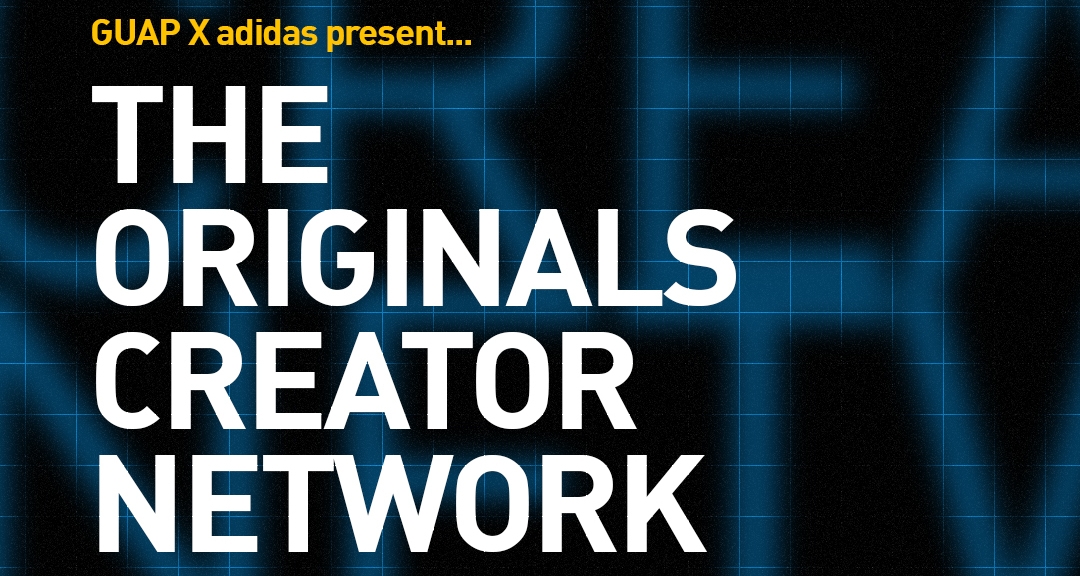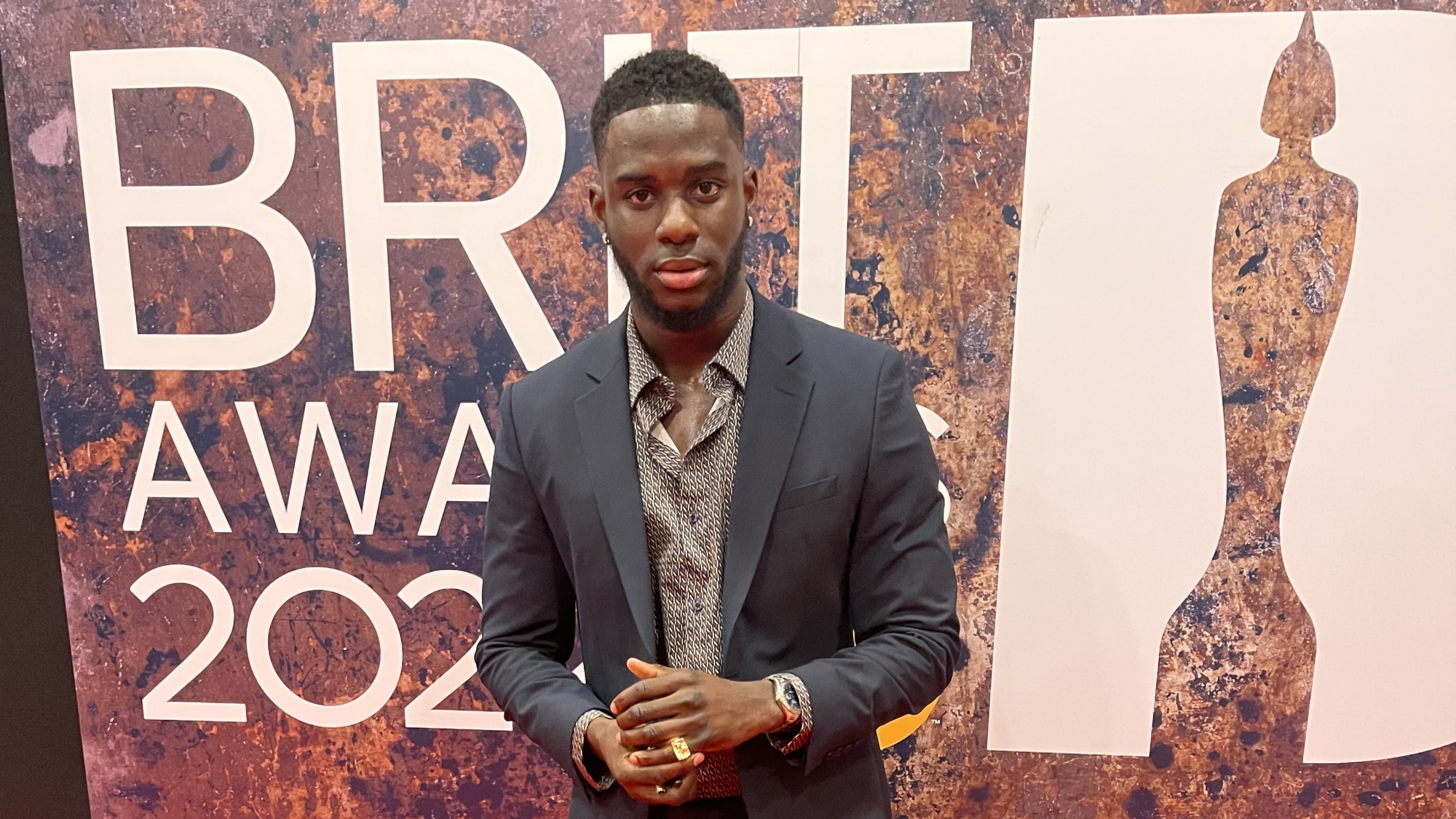Spotify CEO Condemns Joe Rogan, But Refuses to Remove Podcast
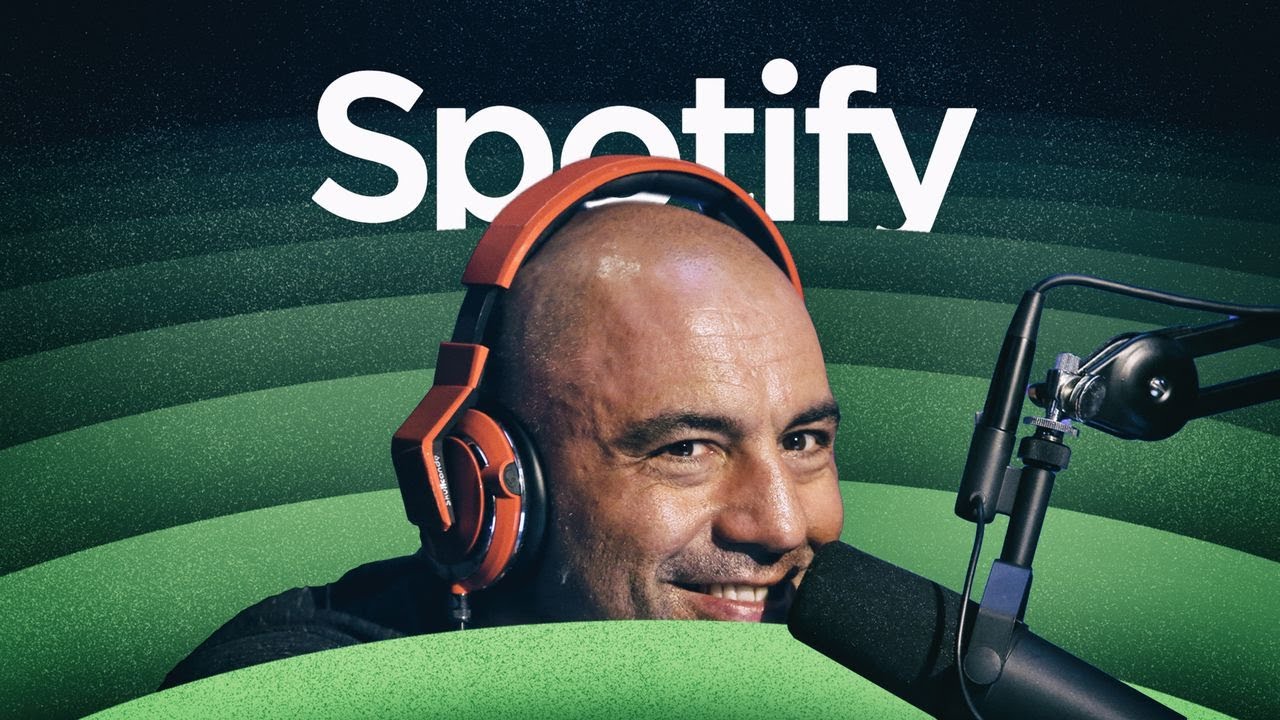
Artists and fans are starting to flee the streaming service’s clutches with more and more openly calling out Spotify as yet another industry giant with no aims to build any real relationships with music and musicians, just to their money.
Last year we started to see discussions surface as artists brought our awareness to the flawed royalty payout system that the platform provided. One year on and nothing has really changed (bar the token effort made during the beginning of the pandemic to ‘raise charity’ for artists, charity which inevitably came from the apps users rather than Spotify itself).
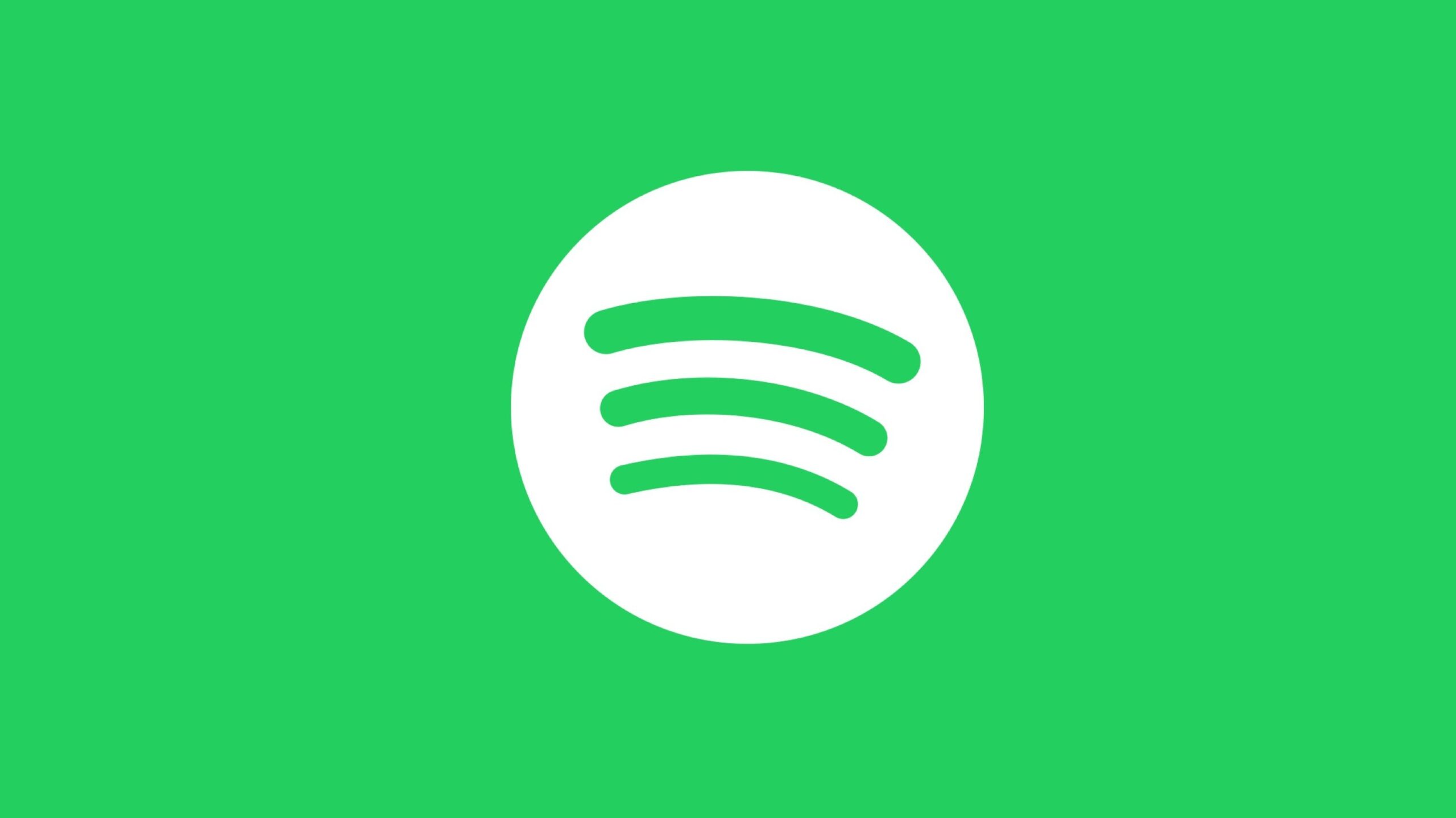
With many venues struggling to reopen their doors, countless jobs lost and the cancellation of a year of events, the last few months have been particularly crucial in the rebuilding a stronger and healthier music industry, and tackling these issues are at the forefront of change.
The first to publicly take action in the recent wake of criticisms was Neil Young after he felt to remove the majority of his catalogue from Spotify over vaccine misinformation from Rogan’s podcast. Amongst the artists to open the discussion was Joni Mitchell, Crosby and even one rock band who expressed they would be making a thousand 30-second songs in an attempt to trick Spotify’s royalty payout system – which only registers streams after 30 seconds.
It’s clear the way in which artists can create revenue has undergone a significant shift in recent years, as income is no longer dependent on the sale of physical records and merch, it is down to streaming numbers and the artist’s prevalence on music platforms (i.e. playlist adds). Most recently joining the conversation was india.arie who returned our attention to the issue of Spotify’s royalty payout system – A considerably flawed system and a nine-digit payday Rogan received to bring his podcast exclusively to Spotify – “What I am talking about is RESPECT – who gets it and who doesn’t. Paying musicians a fraction of a penny? and HIM $100M?”.
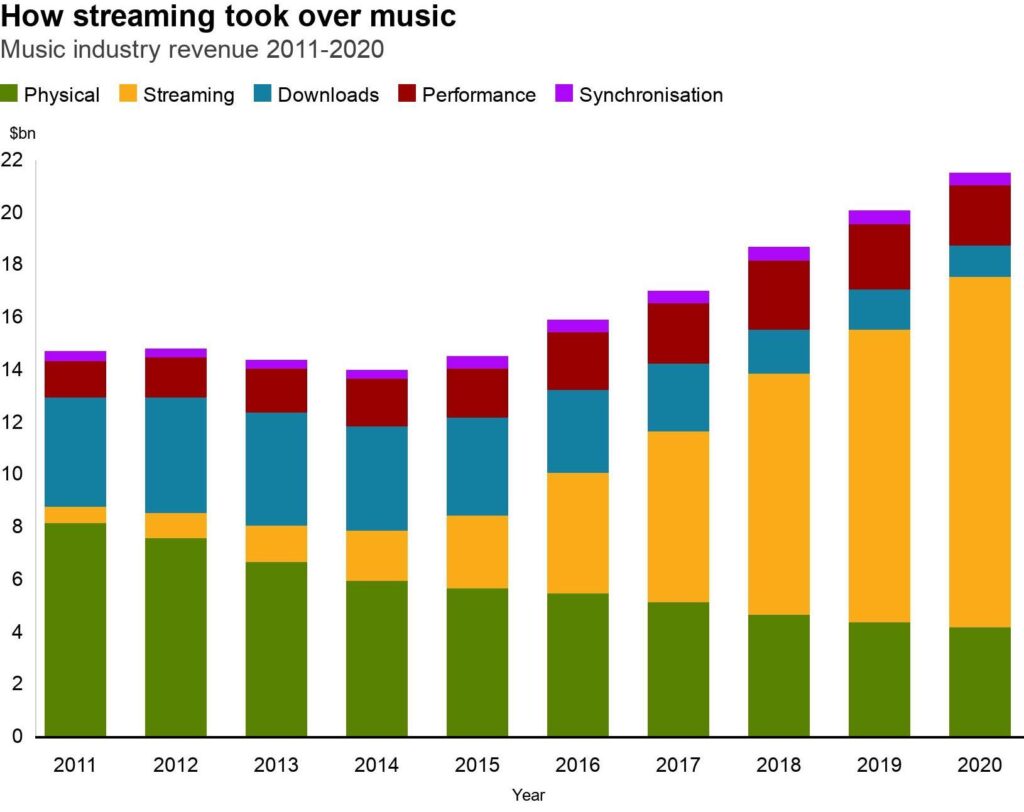
Founded in 2006 in by Daniel Ek and Martin Lorentzon, Spotify aimed to create a legal digital music platform that could challenge the controversy of music piracy in the early noughties. Although initially apprehensive, record labels eventually conceded and agreed to share their content for a 20% stake in revenue. These factors combined with Facebook backing led to instant success.
The total revenue for Spotify in 2020 alone was £7bn, so the total take for rights holders would be roughly £4.4bn. However, this amount is then distributed between rights holders in accordance with their stream counts and after payments are made to labels, distributors, publishers, and copyright collection societies. This means that a single stream doesn’t entitle artists a fixed payment per stream at all. But with the year off to a bad start for Spotify the platform’s stock plunged 10% last week – Neil Young’s removal of his catalogue left a $2 billion hole in the market value of the app.
But what is currently being done to help? Unions such as the UK’s Union of Musicians and Allied Workers and the Keep Music Alive Alliance have been pushing for a government review of the streaming industry with hopes of additional regulations over the way payments are doled out. The alliances suggest remodelling the payment system entirely and shifting towards a ‘user-centric’ payout structure. And the amazing thing is, the government might have listened… This recent and righteous uproar resulted in an investigation from the UK MPs into whether the current music streaming model is paying artists fairly. Their conclusion – it’s not. So what now?
Since the six-month enquiry concluded MPs are calling for a “complete reset” of the market, with musicians to be given a “fair share” of the revenue. In a report, they stated royalties should be split 50/50, instead of the current rate, where artists receive an average of 16%.
A significant loss of people involved in the live music sector could have some seismic effects on the industry. In July 2020, over 1,500 artists including J Hus, Radiohead, PJ Harvey, Skepta and FKA twigs signed an open letter warning the UK gov that without further aid, the future of the UK’s live music industry “looks bleak”, especially with the loss of such raw talent and dedicated individuals. In 2020 the UK government also promised £1.57 billion to those in the arts; however, as you can imagine, this barely covered the gaping hole left in the industry.
After removing his music from the platform Neil Young rightfully deduces that, “As an added bonus, I sound better everywhere else.”




![ZINO VINCI’S ‘FILTHY & DISGUSTING’EP BRINGS YOU TO THE CORE OF THE ARTIST [@ZinoVinci]](https://guap.co/wp-content/uploads/2023/10/Zino-4.jpg)

